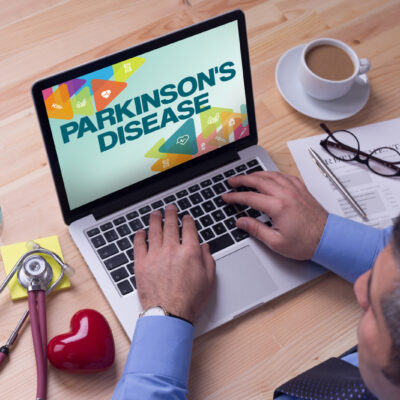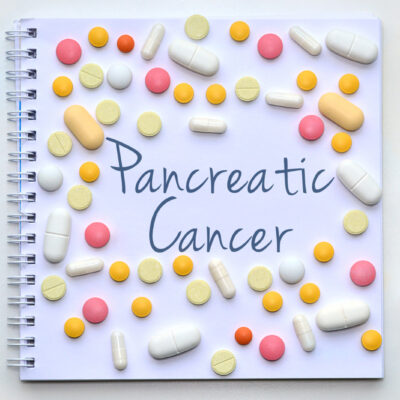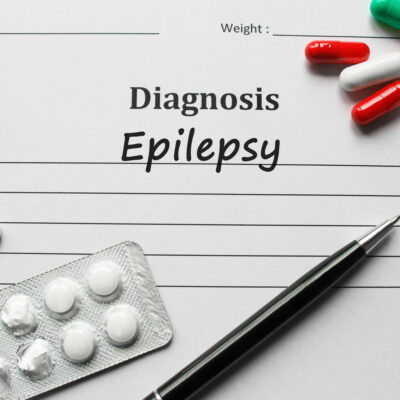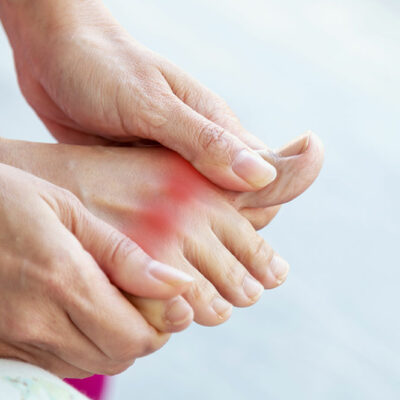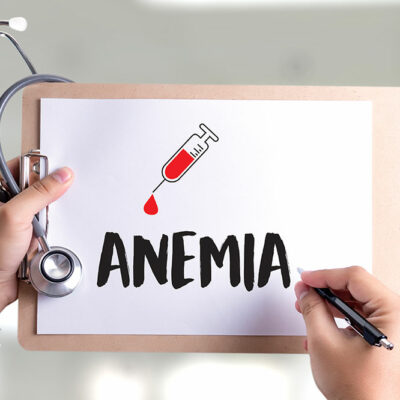
Health
How to Navigate Depression: 5 Things to Try
Are you struggling with depression? While medications like Auvelity, Trintellix, Rexulti, and Vraylar may help alleviate some of the symptoms, there are also lifestyle changes and therapy options that can make a significant difference. In this article, we’ll explore five things you can try to navigate depression, including exercise, healthy eating, positive thinking, social engagement, and sleep: 1. Exercise every day One of the best things you can do for your mental health is to exercise every day. Exercise has been shown to increase endorphins, reduce stress hormones, and improve overall mood. Even a short walk or light jog can help alleviate symptoms of depression. If you struggle with motivation, try finding a workout partner or joining a group fitness class. It’s essential to find a form of exercise that you enjoy and that you can realistically commit to. 2. Eat healthy foods and drink plenty of water Your food and diet options play a significant role in your mental health. A diet high in processed foods and refined sugars can contribute to depression symptoms. On the other hand, a diet rich in whole foods like fruits, vegetables, whole grains, and lean protein can improve mood and overall well-being. Additionally, staying hydrated by drinking plenty of water can help improve mental clarity and energy levels.
Read More 

